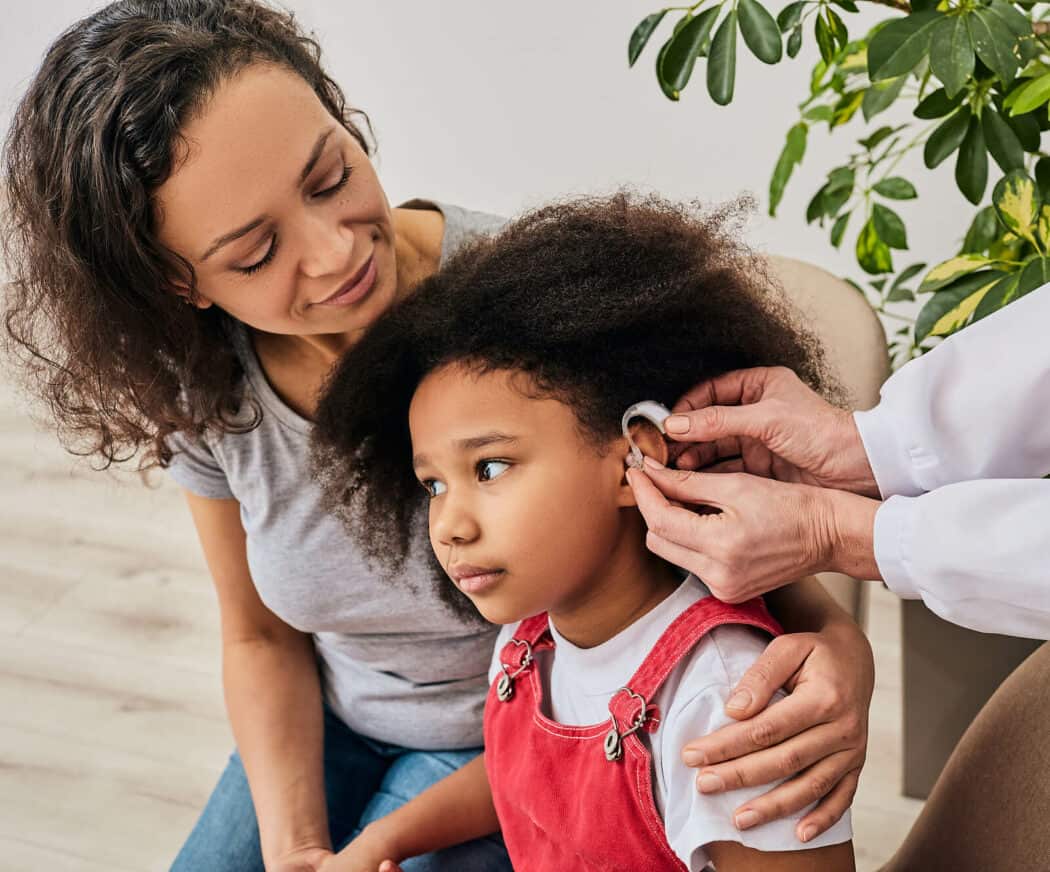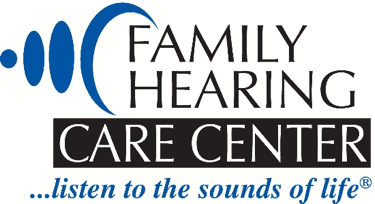
Exploring Treatment Options for Those with Hearing Loss
Navigating the world of hearing solutions can be overwhelming, but fear not – this guide is here to shed light on the compassionate approaches available to enhance your auditory experience. Let’s delve into the realm of better hearing with warmth and professionalism.
The Importance of Seeking Solutions:
Hearing loss is not a journey to navigate alone. Recognizing the impact of diminished hearing on one’s quality of life is the first step towards seeking effective solutions. A compassionate approach involves acknowledging the unique needs of each individual and tailoring interventions accordingly.
Hearing Aids:
Among the most common and effective solutions, hearing aids are sophisticated devices designed to amplify sounds. They come in various styles and technology levels, catering to different degrees of hearing loss. Choosing the right hearing aid involves collaboration with a hearing care professional to ensure a personalized fit.
Cochlear Implants:
For individuals with severe to profound hearing loss, cochlear implants are transformative devices. Surgically implanted, these devices stimulate the auditory nerve directly, providing a sense of sound. Cochlear implants are particularly beneficial for those who may not benefit significantly from traditional hearing aids.
Assistive Listening Devices:
In addition to traditional hearing aids, assistive listening devices (ALDs) offer supplemental support. These devices, such as FM systems and Bluetooth accessories, can enhance hearing in specific situations, such as group settings, classrooms, or while watching television.
Communication Strategies:
A compassionate approach to treating hearing loss includes equipping individuals with effective communication strategies. Both the person with hearing loss and their communication partners can benefit from learning techniques such as maintaining eye contact, speaking clearly, and minimizing background noise.
Addressing Emotional Well-being:
Understanding that hearing loss goes beyond the physical aspect, a compassionate approach involves addressing the emotional well-being of individuals navigating this journey. Emotional support, counseling, and education play crucial roles in fostering resilience and adapting to a changed auditory landscape.
Support Groups:
Joining a support group provides an opportunity to connect with others who share similar experiences. Sharing stories, tips, and strategies in a supportive environment can be empowering and reassuring.
Counseling Services:
Professional counseling services offer a space to explore the emotional impact of hearing loss. Addressing feelings of frustration, isolation, or grief is an integral part of a holistic treatment approach.
Education and Awareness:
Empowering individuals and their families with knowledge about hearing loss fosters understanding and reduces stigma. Educational programs and resources contribute to a compassionate and informed community.
The Role of Hearing Care Professionals:
A compassionate approach to better hearing is closely tied to the expertise of hearing care professionals. These professionals play a pivotal role in guiding individuals through the process of diagnosis, treatment selection, and ongoing care.
Comprehensive Assessments:
Hearing care professionals conduct thorough assessments to determine the type and degree of hearing loss. This information guides the selection of the most appropriate treatment options.
Personalized Solutions:
Every individual is unique, and a compassionate approach involves tailoring solutions to specific needs. Hearing care professionals work collaboratively with individuals to find the most effective and comfortable interventions.
In conclusion, a compassionate approach to better hearing goes beyond technical solutions; it encompasses understanding, support, and personalized care. By exploring diverse treatment options, addressing emotional well-being, and relying on the expertise of hearing care professionals, individuals with hearing loss can embark on a journey towards a richer auditory experience and a more connected life.
May this guide serve as a beacon of warmth and understanding, paving the way for those with hearing loss to embrace a future filled with the joy of sound and the beauty of shared moments.
